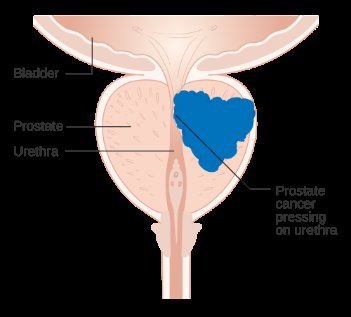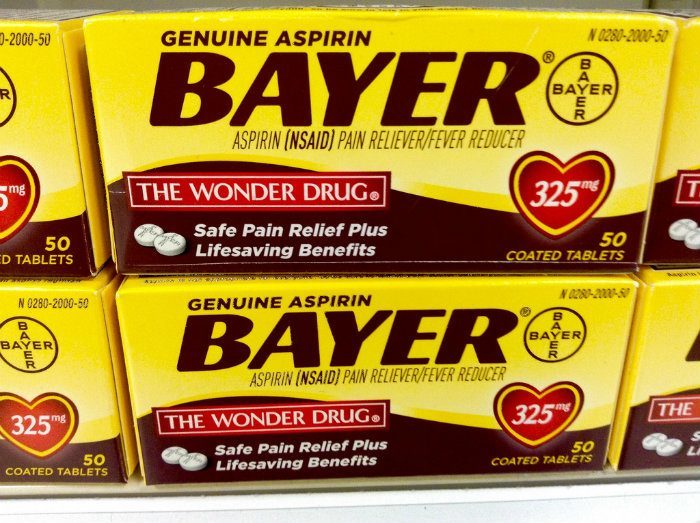Can Aspirin Lower the Chances of Dying From Prostate Cancer?
Prostate cancer impacts millions of men, with approximately 220,800 new cases of prostate cancer emerging each  year in the United States, making it second only to non-melanoma skin cancer in terms of prevalence. Males have a 1 in 7 chance of developing prostate cancer during their lifetimes, and while many cases of prostate cancer can be successfully managed through careful monitoring and treatment, this disease claims the lives of over 27,000 men
year in the United States, making it second only to non-melanoma skin cancer in terms of prevalence. Males have a 1 in 7 chance of developing prostate cancer during their lifetimes, and while many cases of prostate cancer can be successfully managed through careful monitoring and treatment, this disease claims the lives of over 27,000 men
every year in America.
Increasing Life Expectancy Through Research
While many researchers continue to seek ways to both prevent and treat prostate cancer, others have turned their attention towards finding ways to extend the life expectancy of those who are already diagnosed with this common, life-threatening disease. Fortunately, the American Cancer Society reports that the relative 5-year survival rate for all stages of prostate cancer is ‘almost 100%’, however, the prognosis is much worse for men who have developed advanced prostate cancer, a form of the disease in which the cancer has spread beyond the prostate to other areas of the body. In these cases, the five-year survival rates hover around 30%, or one in three.
While many scientists focus their efforts on early detection and treatment of prostate cancer, others have begun to seek novel ways to prevent both the advancement of the disease and reduce mortality rates from advanced-level prostate cancer. One such study involves examining the connection between aspirin use and death rates among men who already have either prostate cancer, or advanced prostate cancer.
Aspirin Providing Hope
According to Fox News, researchers have released findings from studies related to aspirin and prostate cancer in advance of the January, 2016 American Society of Clinical Oncology Genitourinary Cancers Symposium in San Francisco, California.
Researchers found a definitive connection between regular consumption of aspirin and a reduced risk of either developing advanced prostate cancer (among those already diagnosed with prostate cancer) and/or a reduction in the mortality rates among those living with advanced prostate cancer. For the purposes of the study, regular aspirin use was deemed to be three or more tablets taken weekly. This was based on a careful analysis of the findings from the long-running Physicians’ Health Study. The study is a joint research project between both the Harvard T.H. Chan School of Public Health and the Brigham and Women’s Hospital in Boston.

Findings Consistent With Other Cancer Studies
The results of this study coincide with other research that has been done on the relationship between aspirin and a reduced risk of cancers such as colorectal, providing scientists with additional material on which to base further studies into the long-term treatment of all types of cancers.
If you are considering taking aspirin, or any other medication, as part of a preventative treatment plan, be sure to talk with your doctor first.







